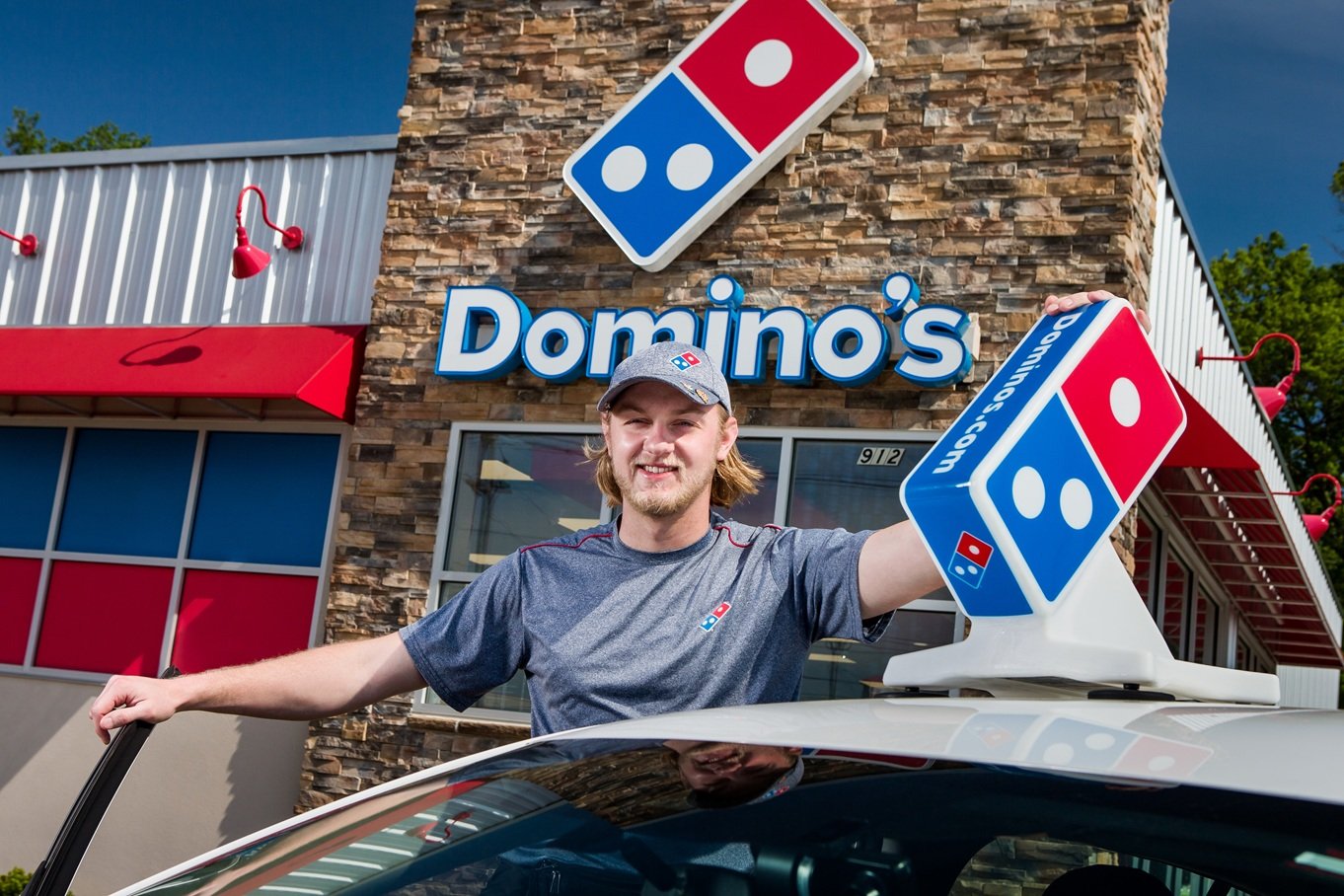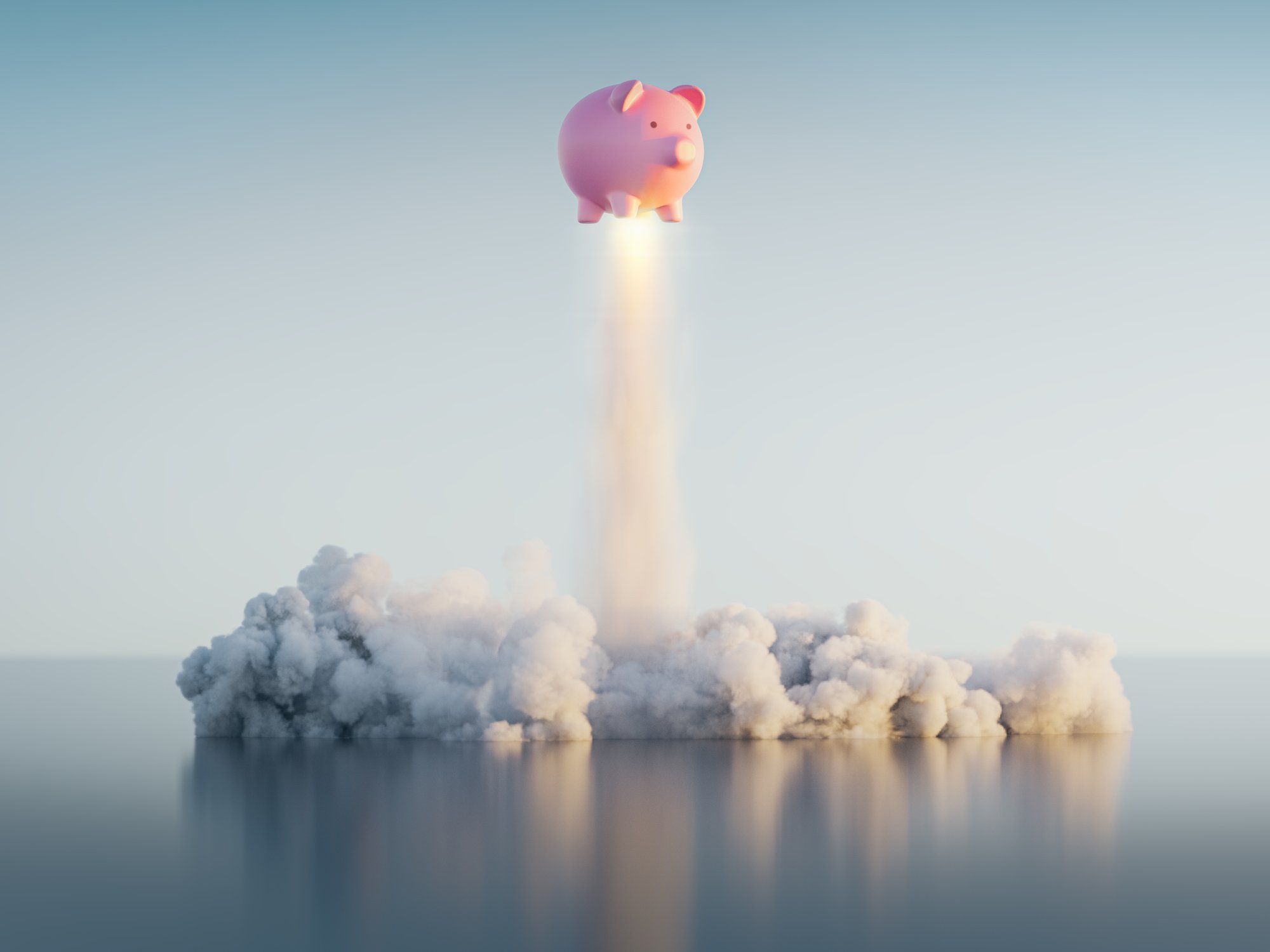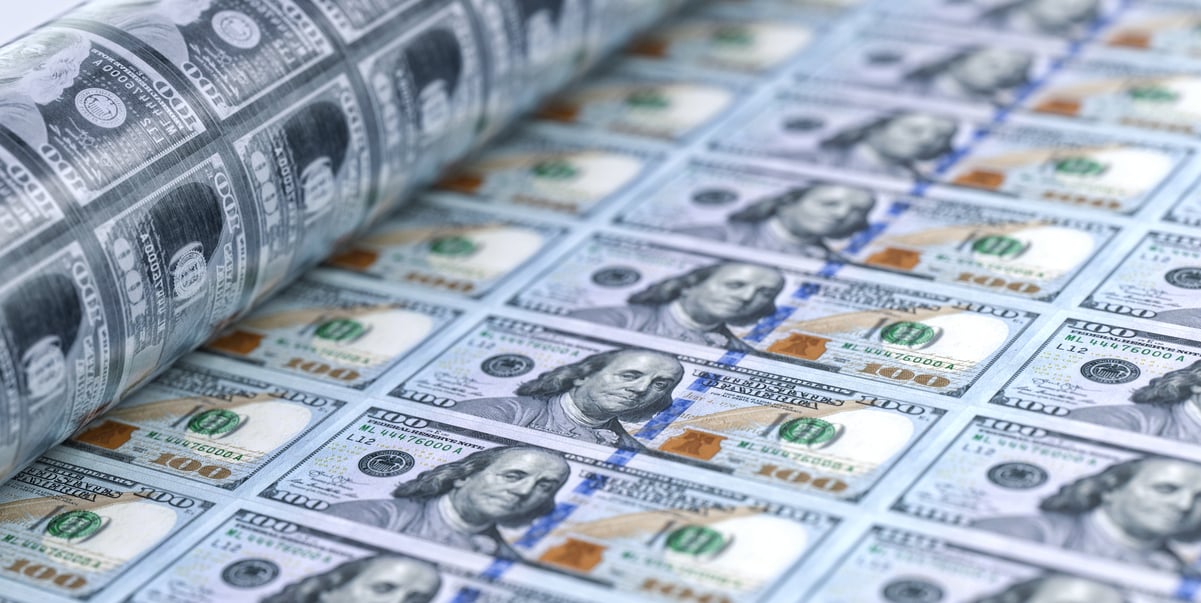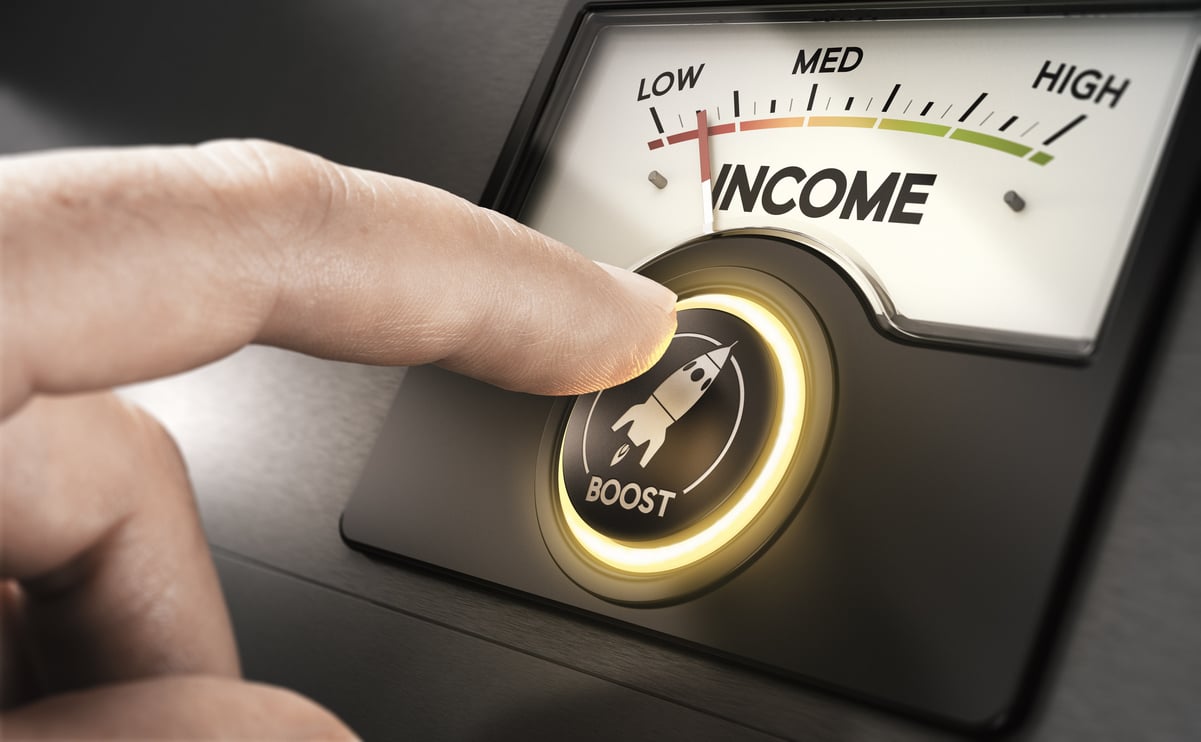Recently, restaurant chain Buffalo Wild Wings (BWLD +0.00%) signed a deal with beverage and snack giant PepsiCo (PEP +1.02%), effectively kicking rival Coca-Cola (KO +0.69%) out of the popular restaurant chain and onto the curb. A New York Times article cited a better match between Buffalo Wild Wings and PepsiCo's product portfolio, along with PepsiCo's sports relationships fitting well with the male demographic of the popular restaurant chain as reason for the switch. Should Coca-Cola investors be worried? Maybe -- here's why.
More friction on Coca-Cola's revenue
In order to understand how this deal might impact Coca-Cola, you need a rough estimate of its effect on the top line. According to its SEC filings, Buffalo Wild Wings averages about $55,000 per week in sales. Now you take a typical fast casual restaurant bill of $10 per person with a $1.79 of that total coming from a Coca-Cola product representing 18% of the total. You then factor out 3% for water and alcohol sales and you arrive at Coca-Cola sales representing 15% of Buffalo Wild Wings sales or roughly $8,250 per week, and that Coca-Cola keeps 30% of that based on Buffalo Wild Wings' cost of sales.
With the loss of this contract to Pepsi, all of this translates into a estimated weekly revenue loss of $2.3 million per week or $122 million per year for Coca-Cola. This only represents 0.25% of Coca-Cola's 2012 revenue. The impact probably doesn't rank that high considering some of the loss gets allocated to Coca-Cola's bottling partners. However, when you factor in a 20%-per-year revenue growth rate (author's estimate based on historical trends) for Buffalo Wild Wings over the next 10 years, the hit to Coca-Cola's top line adds up to approximately $3.8 billion during that time frame..
Start of a new trend?
Coca-Cola's shareholders will face the apocalypse if larger chains such as McDonald's were to follow in the footsteps of Buffalo Wild Wings. Imagine the impact if Coca-Cola lost access to McDonald's 34,000 restaurants. Coca-Cola already faces headwinds from the healthy-lifestyles movement. Now it needs to grapple with the possibility of losing clientele to PepsiCo. Perhaps Coca-Cola should diversify its business to include snacks as well.
Buffalo Wild Wings understood that Pepsi had a great deal more to offer than Coca-Cola. The restaurant chain realized it could utilize Pepsi's snack offerings, much like Yum! Brands Taco Bell's used its Doritos for the Doritos Locos Tacos. Moreover, Buffalo Wild Wings can introduce a variety of Mountain Dew drinks in its restaurants, the only carbonated beverage with "rising sales" according to The New York Times.
Foolish takeaway
The Pepsi and Buffalo Wild Wings deal should help both companies. It shows the world that Pepsi can still expand in saturated markets and take business from competitors. Buffalo Wild Wings gets access to a popular product portfolio and sports relationships that will allow it to create an enhanced consumer experience.
It's a win-win-lose scenario, with Coca-Cola investors on the losing end. In my opinion, the Coca-Cola system and its stakeholders need to worry.







